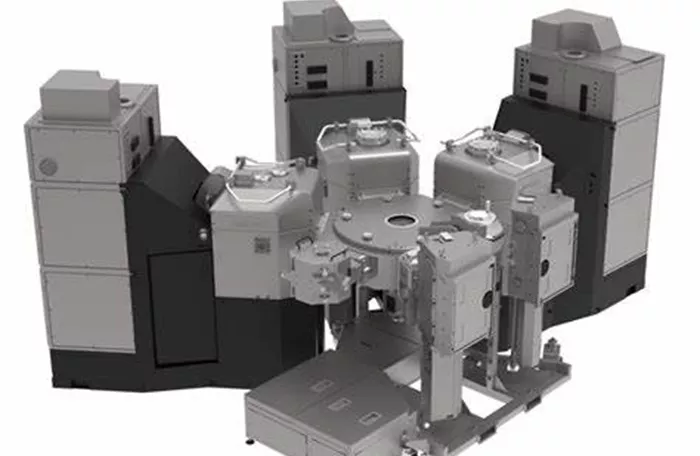Beneq and Photonis Scientific, part of Exosens Group, have unveiled a major advancement in Microchannel Plate (MCP) production using Atomic Layer Deposition (ALD) technology. The collaboration replaces traditional lead-based materials with sustainable ALD-enabled solutions, improving manufacturing yields while enhancing device performance and longevity.
Revolutionizing MCP Manufacturing
MCPs serve as critical components across medical imaging, mass spectrometry, and scientific instrumentation. Historically reliant on lead-silicate glass, the industry now transitions to eco-friendly alternatives to meet environmental regulations. Beneq’s ALD systems enable precise thin-film deposition that separates substrate properties from conductive coatings, allowing independent optimization of each element. This breakthrough delivers superior performance while maintaining flexibility for commercial applications.
Sustainable Performance Advantages
The shift to ALD-enabled lead-free MCPs brings dual benefits: environmental compliance and technical superiority. New production methods reduce noise levels, lower operational voltages, and cut power consumption while extending device lifespans up to tenfold. “ALD aligns sustainability with high-performance detection solutions,” noted Ulrich Laupper of Exosens, highlighting how the technology meets current market demands while future-proofing applications.
Scalable ALD Solutions Drive Innovation
Photonis selected Beneq’s TFS 500 and P400A ALD systems for their precision and scalability from R&D to full production. The customizable platforms allow meticulous control over deposition parameters, enabling performance tailoring for specific industrial and scientific needs. R&D Scientist Till Cremer confirmed the systems’ role in unlocking new MCP potential, particularly in stability and efficiency enhancements.
This partnership signals growing momentum for ALD in advanced detection technologies. As manufacturers increasingly adopt these methods, MCPs are poised to expand their role across defense, nuclear safety, and life sciences—markets where Photonis already leads with 85 years of electro-optical innovation. The collaboration demonstrates how materials science breakthroughs can simultaneously address environmental concerns while pushing technical boundaries.
Related Topics:

